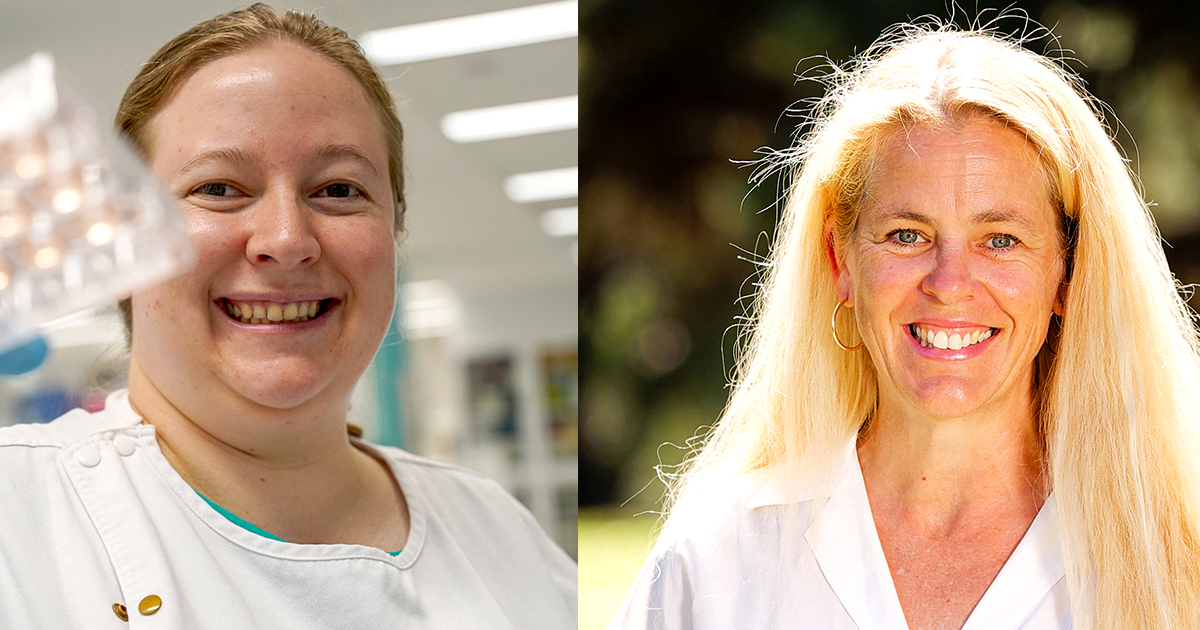Search
Research
A phase I clinical trial assessing the safety, tolerability, and pharmacokinetics of inhaled ethanol in humans as a potential treatment for respiratory tract infectionsCurrent treatments for respiratory infections are severely limited. Ethanol's unique properties including antimicrobial, immunomodulatory, and surfactant-like activity make it a promising candidate treatment for respiratory infections if it can be delivered safely to the airway by inhalation. Here, we explore the safety, tolerability, and pharmacokinetics of inhaled ethanol in a phase I clinical trial.
Research
Unravelling the respiratory health path across the lifespan for survivors of preterm birthMany survivors of preterm birth will have abnormal lung development, reduced peak lung function and, potentially, an increased rate of physiological lung function decline, each of which places them at increased risk of chronic obstructive pulmonary disease across the lifespan.
Research
A rapid semi-quantitative screening method to assess chemicals present in heated e-liquids and e-cigarette aerosolsElectronic cigarettes (e-cigarettes) lack regulatory status as therapeutic products in all jurisdictions worldwide. They are potentially unsafe consumer products, with significant evidence they pose a risk to human health. Therefore, developing rapid, economical test methods to assess the chemical composition of e-liquids in heated and unheated forms and the aerosols produced by e-cigarettes is crucial.
Research
From hype to hope: Considerations in conducting robust microbiome scienceMicrobiome science has been one of the most exciting and rapidly evolving research fields in the past two decades. Breakthroughs in technologies including DNA sequencing have meant that the trillions of microbes (particularly bacteria) inhabiting human biological niches (particularly the gut) can be profiled and analysed in exquisite detail.
Research
The SPEC score—A quantifiable CT scoring system for primary ciliary dyskinesiaStructural lung changes seen on computed tomography scans in persons with primary ciliary dyskinesia are currently described using cystic fibrosis derived scoring systems. Recent work has shown structural changes and frequencies that are unique to PCD, indicating the need for a unique PCD-derived scoring system.
Research
Tracing the transmission of mpox through wastewater surveillance in Southeast AsiaHigh population density and tourism in Southeast Asia increase the risk of mpox due to frequent interpersonal contacts. Our wastewater surveillance in six Southeast Asian countries revealed positive signals for Monkeypox virus (MPXV) DNA, indicating local transmission. This alerts clinicians and helps allocate resources like testing, vaccines and therapeutics in resource-limited countries.
Research
Performance Accuracy of Wrist-Worn Oximetry and Its Automated Output Parameters for Screening Obstructive Sleep Apnea in ChildrenObstructive sleep apnea (OSA) increases the risk of perioperative adverse events in children. While polysomnography remains the reference standard for OSA diagnosis, oximetry is a valuable screening tool. The traditional practice is the manual analysis of desaturation clusters derived from a tabletop device using the McGill oximetry score. However, automated analysis of wearable oximetry data can be an alternative. This study investigated the accuracy of wrist-worn oximetry with automated analysis as a preoperative OSA screening tool.
Research
Fathers’ preconception smoking and offspring DNA methylationExperimental studies suggest that exposures may impact respiratory health across generations via epigenetic changes transmitted specifically through male germ cells. Studies in humans are, however, limited. We aim to identify epigenetic marks in offspring associated with father's preconception smoking.

News & Events
Top researchers recognised for respiratory researchTwo leading researchers from The Kids received significant endorsements to advance their research at last night’s Thoracic Society of Australia and New Zealand and the Australian and New Zealand Society of Respiratory Science (TSANZSRS) Annual Scientific Meeting in Adelaide.

News & Events
Five researchers from The Kids awarded Early Career Child Health Researcher FellowshipsFive researchers from The Kids Research Institute Australia have been awarded three-year fellowships with the aim of keeping more WA-based PhD graduates involved in child health research.
